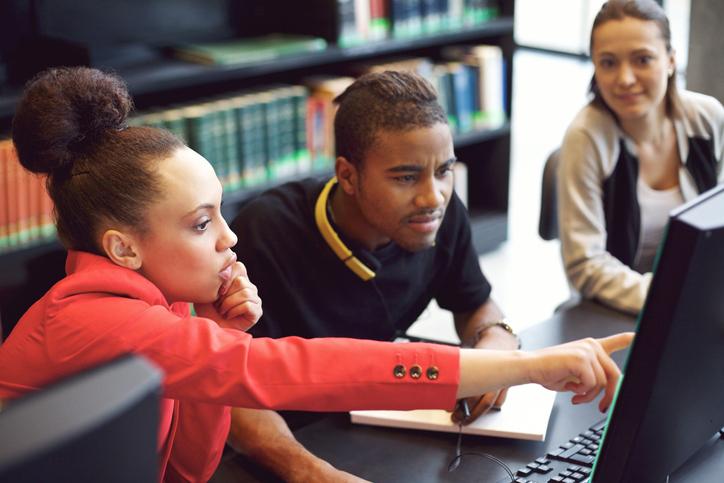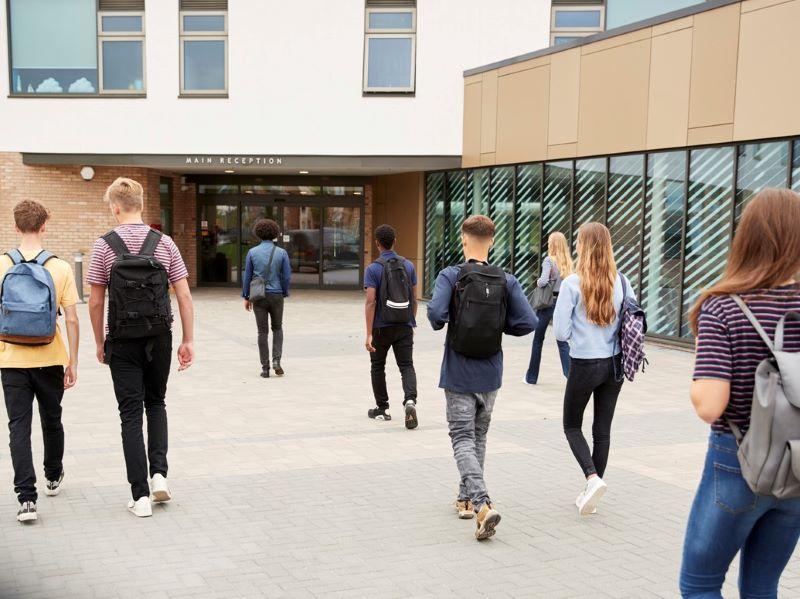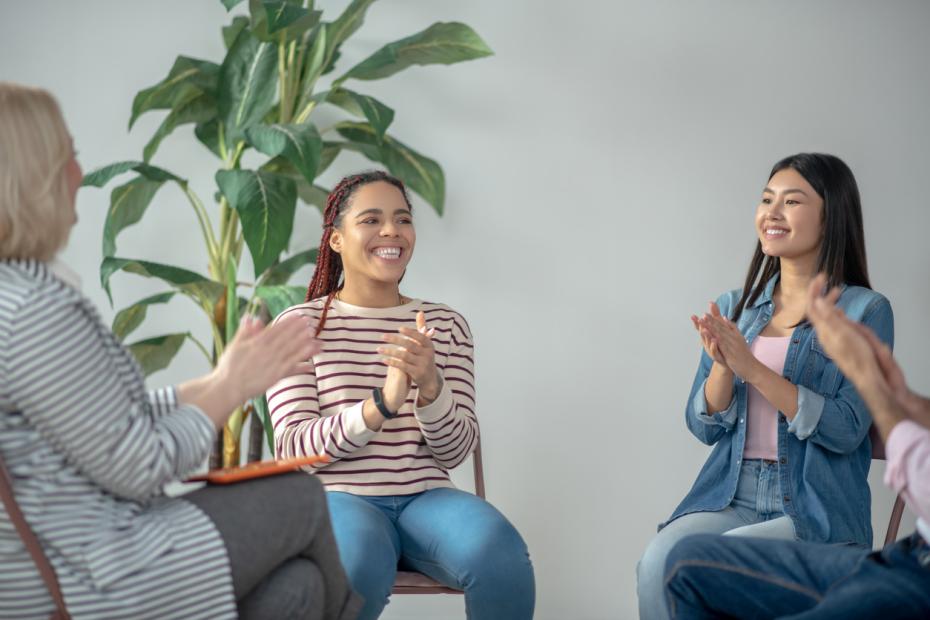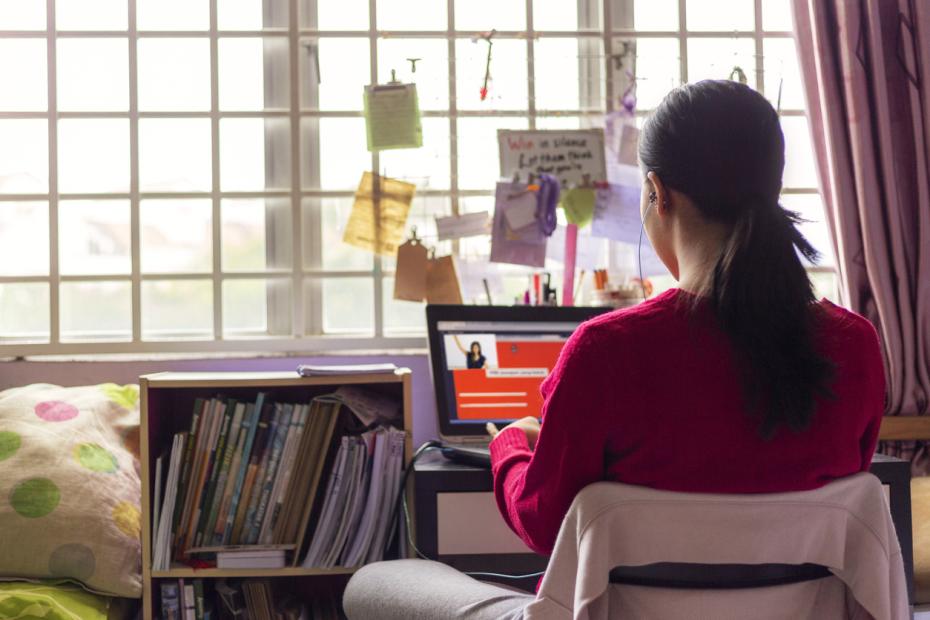
How to keep first-generation students engaged throughout the academic year
You may also like
Meaningful support of first-generation students requires pathways that both focus on young learners and engage them as leaders of their own success and that of their peers. Before first-generation students even set foot on campus, institutions can create a funnel of involvement that will sustain them through four years of study while offering a hand to the incoming class.
This is no small issue. The retention rate for all first-generation students in the US was 88.51 per cent for fall 2022 to fall 2023. Successful measures to boost this, based on the experience of Chapman University, include making physical spaces where first-gen and transfer students feel they belong, clear support in the transition to university life, peer-to-peer mentoring and events that welcome diverse cultures on campus.
- Leveraging internships to empower first-generation students
- Community organising: a case study in parent engagement
- Lots of talk about diversity in corporations, but what about universities?
First-generation students who participated in the First-Generation’s Promising Futures Program (PFP) at Chapman had a retention rate of 89.89 per cent for fall 2022 to fall 2023.
Here’s how we do it.
Create space where students and staff can meet in a relaxed environment
The Cross-Cultural Center (CCC) is a physical space on campus for students to gather, study, socialise and build community and a sense of belonging. We encourage students to explore, celebrate and share their diverse cultures, ideologies and traditions in recognition that first-generation students may have various intersectionalities. The aim is to improve outreach/recruitment, retention and graduation rates for all our student population. The CCC allows diverse and affinity-based staff and faculty to meet and interact with students.
Reg Chhen Stewart, vice-president of the Office of Diversity, Equity, and Inclusion, re-organised the Cross-Cultural Center by giving the PFP a “home” within the CCC and providing two full-time staff members. The PFP is proud to have the First Gen Forward designation from the Center for First-Generation Student Success’ First Scholars Network within the National Association of Student Personnel Administrators (NASPA).
Enhance summer bridge programming to develop confidence and leadership skills
Many universities offer a summer bridge programme to support first-generation students with their transition to a four-year university. Promising Futures at Chapman University is a four-day hybrid programme that introduces first-year and transfer (mentee) students to the university and the larger first-generation community.
Within the programme, student volunteers, who are called Promising Futures Leaders (PFLs), act as mentors. The professional staff of the DEI office train them to guide incoming students through workshops such as “Reinventing oneself in your role as a PFL” and “PFLs’ expectations and formality”. The training is a way to offer professional development opportunities to upper-class students as well as support incoming first-gen students.
Collaboration with departments across campus includes workshops on how families can support their students through the transition into college and navigating financial aid as well as answering families’ questions. These initiatives help families and students identify campus contacts they can approach for assistance.
Offer first-generation peer-to-peer mentorship
Peer-to-peer mentoring helps build authentic relationships in a space supported by staff and faculty. In a safe environment that is conducive to learning and developing an overall sense of belonging, all participants can create community, creativity and resiliency.
Incoming students benefit from the PFLs’ support to feel included and more comfortable in communicating openly and freely. PFLs’ wealth of knowledge provides mentees with resources, networking connections and accountability around their goals and aspirations. Mentees can find trustworthy role models who will listen without judgement and are prepared to help fellow first-generation students with challenges.
Being part of peer mentoring has inspired summer bridge mentees to return and become PFLs themselves. They may come back every year as peer mentors to continue their civic engagement, professional development and improve their confidence.
PFLs are assigned their own mentee groups, but they are also expected to provide presentations and workshops to other groups and interact with all students during the programme. Creating and facilitating presentations, workshops and student panels provides PFLs with an avenue for self-reflection, culminating in leadership skills and professional development. Sharing experiences via student panels, the PFLs assist mentees in identifying their needs and fears and validating their feelings during their college transition.
Continue student engagement opportunities throughout the year
After the Promising Futures programme, PFLs and their mentees stay in communication and continue developing their mentorship through programmes, events and volunteer opportunities throughout the year.
PFP study sessions in the CCC are among our most attended programmes. During this time, upper-class students support first-year students with academic guidance and study skills while working on their own homework and studying.
We celebrate our first-generation students, staff and faculty during National First-Gen Day, an annual weeklong celebration. This is yet another opportunity for our PFLs to reunite with their mentees and celebrate their accomplishments and resilience. Events during this week include a kick-off breakfast and luncheon, which features a first-gen-student, staff and faculty panel that focuses on the experiences and challenges of navigating spaces as a first-generation student and a first-generation professional.
Throughout the year, PFLs and mentees can volunteer in events, including our first-generation graduation and our Office of Diversity, Equity and Inclusion homecoming barbecue. As volunteers, students can practise their leadership skills and become more integrated into the Chapman community. We believe that exposure to these opportunities is essential for student development. Many of our programmes are tailored for first-generation students, but all current and prospective students are welcome at the CCC.
Araceli Martinez is executive director of the Cross-Cultural Center and First-Generation Programs, and Athina Cuevas is assistant director of the Promising Futures First-Generation Program and Cross-Cultural Center, both at Chapman University.
If you would like advice and insight from academics and university staff delivered direct to your inbox each week, sign up for the Campus newsletter.




